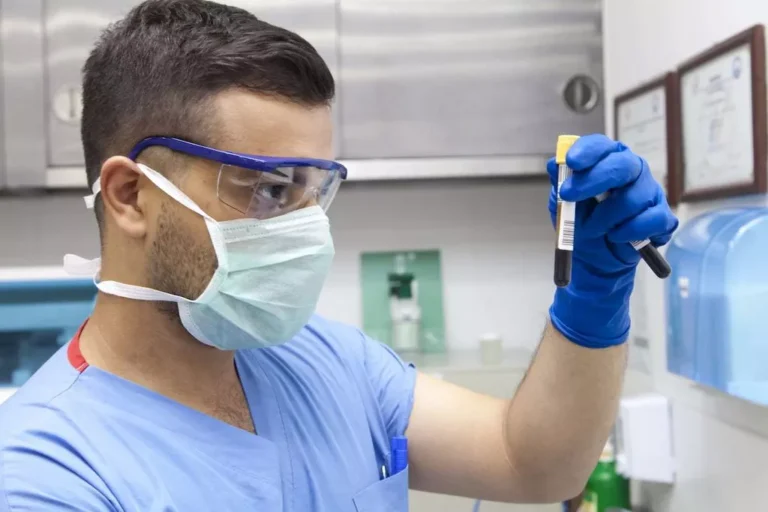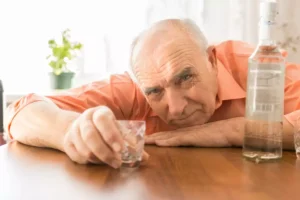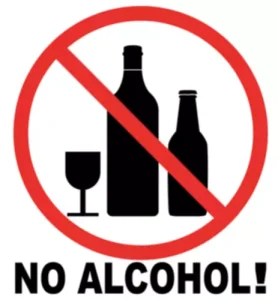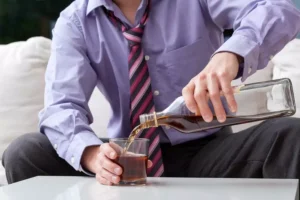Sober living
What Being Sober Really Feels Like FHE Health

You might start with 10 minutes each time of easy exercise. As you become used to this, then you can add another 10 minutes and introduce some more fear of being sober challenging exercises. They are afraid of losing custody of their children. They are afraid of damaging their relationships with their loved ones.
Sober Recovery Expert Author
This is a JOYOUS and wonderful thing because it easily sorts out the ones that have a weird relationship with alcohol, or the ones that just aren’t for you. It will hurt (pretty bad at first), but in time you will come to see it as the gift it is—and you won’t waste time getting to know the wrong person. Ask any sober person whether they want to go to a cocktail party or stay in with a pack of La Croix, The Crown, and a bathrobe. I’d bet nine out of 10 of us won’t even answer, and we’ll just laugh because it’s such a ridiculous question.
More Questions about Treatment?

Nifaliophobia, or the fear of being sober, manifests as a significant and persistent fear related to the absence of alcohol or drugs from your life. If these concerns resonate with you, remember that sobriety doesn’t happen overnight—even if you try to rush it. Give yourself time to discover the new sober you. Within the safety and supports of a trusted rehab program and sober peer community, many people come to like and love the person they are when drugs and alcohol aren’t in the picture. In this sense, recovery is a bit like falling in love with yourself and then learning how to love yourself—another feel-good aspect of being sober.
What are the first steps to take if I’m afraid to become sober?
A life of drugs and alcohol feels normal because that’s what you’ve focused on for so long. It’s not uncommon, then, to be afraid of what life will be like without these substances to help you to manage stress, family members and other challenges. I remember when I first got sober, I was concerned about giving up drugs and alcohol forever.

Step 3: Find the Right Treatment Program
It’s understandable that you might feel fear of withdrawal. After all, you’ve probably spent months or years avoiding the first hint of withdrawal symptoms. You always rush to get that next drink or hit before withdrawal really sets in. When you stop using drugs or alcohol, you will experience a range of withdrawal symptoms. This can include physical withdrawal symptoms (e.g. aches and pains) and psychological withdrawals (e.g. strong cravings). Many addicts worry that withdrawals will be too painful to cope with.
- This research-based technique has been shown to support sobriety.
- Their own addictions may prevent them from being excited about your change of lifestyle.
- You may also doubt your ability to resist the urge to use again.

- These days, unless I’m feeling generous, I simply say, “I don’t drink,” and leave it at that.
- They may feel detached from reality or themselves and have difficulty with daily activities.

